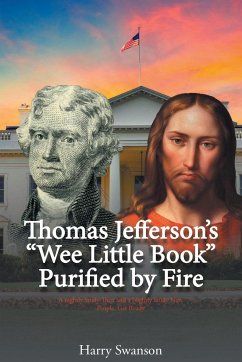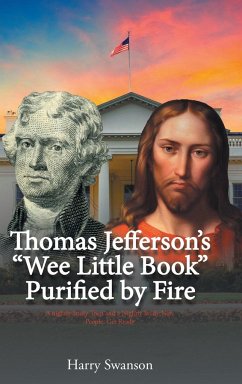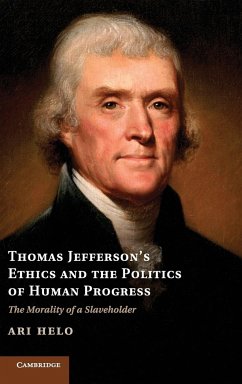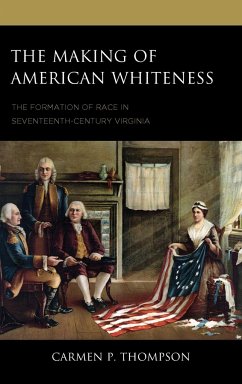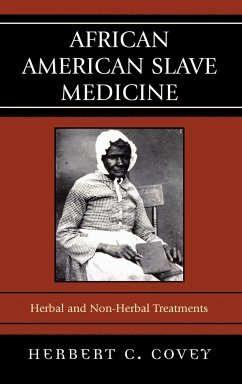
Thomas Jefferson's Haitian Policy
Myths and Realities

PAYBACK Punkte
43 °P sammeln!
Thomas Jefferson, author of the Declaration of Independence and third president of the United States, in many ways defines the meaning of the United States. This extensively researched work reveals that Jefferson was in fact generally favorable to the Haitian Revolution, before and during his presidency, and supportive of its independence.








